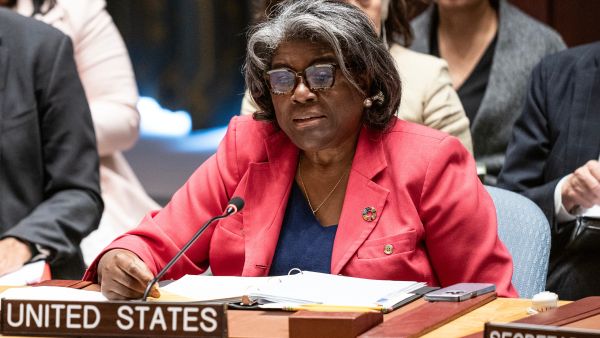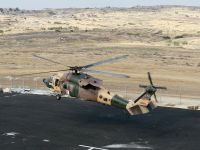The Security Council session, led by Brazil as the President of the Council for October, was prompted by a collective call from Council members for a unified response to the Gaza crisis. Ambassador Danese stressed the urgency and responsibility of the Council to act swiftly in the face of a humanitarian catastrophe, emphasizing the need for a unified position.
The United States voted against Gaza's aid at the UN Security Council, blocking a resolution that would have called for "humanitarian pauses" to deliver crucial aid to Gaza. While 12 out of 15 Council members supported the resolution led by Brazil, the U.S. voted against it, and Russia and the UK abstained. This veto effectively halted any action on the proposed measure. Prior to the vote, Russia's amendments, which sought an immediate and lasting ceasefire and an end to attacks on civilians, were rejected.
Russian Ambassador Vassily Nebenzia emphasized that the time for diplomatic language had passed and asserted that those not supporting Russia's resolution bear responsibility for the consequences. He argued that the current draft lacked a clear call for a ceasefire and would not help halt the violence.
Despite the urgency, the Council was unable to adopt a resolution, resulting in what Ambassador Danese described as "silence and inaction prevailing." This marked a significant setback in the Council's efforts to address the dire humanitarian situation in Gaza.
UK Ambassador Barbara Woodward's abstention was based on the belief that the resolution needed to explicitly recognize Israel's inherent right to self-defense and address the tactics of Hamas, which utilizes civilians as shields. She reiterated the UK's support for Israel's right to protect itself while urging measures to minimize harm to Palestinian civilians.
UAE Ambassador Lana Zaki Nusseibeh expressed her support for the resolution, acknowledging its imperfections but emphasizing that it articulated fundamental principles that needed to be upheld. She conveyed profound concern over the escalating toll on lives and infrastructure in Gaza, particularly highlighting the tragic strike on the al-Ahli Arab Hospital.
The session followed a prior unsuccessful attempt led by Russia for a humanitarian ceasefire resolution. This proposal did not include any mention or condemnation of Hamas, the extremist group in control of Gaza. It received five votes in favor (China, Gabon, Mozambique, Russia, and the United Arab Emirates), four against (France, Japan, UK, and the US), and six abstentions (Albania, Brazil, Ecuador, Ghana, Malta, and Switzerland).
Many expressed their disappointment in the decision, viewing it as a missed opportunity to alleviate the suffering of the Palestinian population in Gaza.







